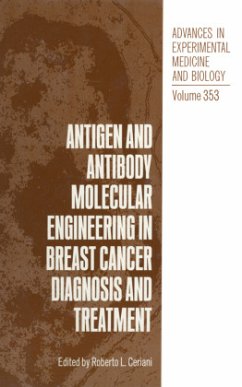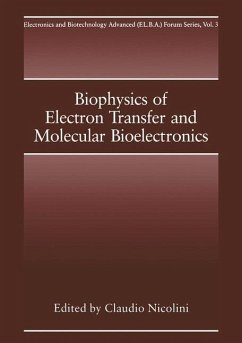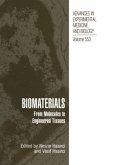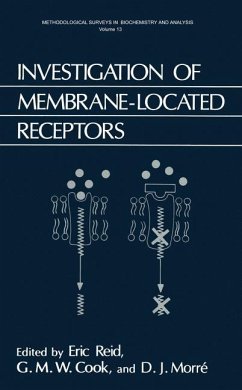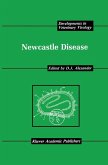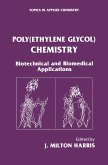Today, advances in the area of immunology and breast cancer are made at an increasing rate, yielding an amount of information that can become unwieldy. The opportunity for scientists in this area of research to gather together to exchange results and working hypotheses represents, in my belief, a very attractive proposition. With this in mind, these workshops have been convened with two year intervals for the last ten years. In each of them, selected topics have been highlighted. The present workshop underscores the large advancements made in the molecular biology of both breast cancer associated antigens and their corresponding antibodies. Understanding the genetic information for the expression of these antigens has been recently advanced leading to preparation of molecularly engineered reagents for use in vaccination, serum assays, and immunizations for novel antibody production. In the anti-breast cancer antibody field the availability of molecular engineering approaches to humanize murine antibodies has induced intense interest in the creation of less immunogenic antibody forms that are now available for clinical testing. Clinical studies using anti-breast murine antibody continue to be carried out and are presented at this meeting establishing a base line for safety and efficaciousness in imaging and immunotherapy that it is hoped will be superseded by the humanized forms. Basic immunology and immunochemistry studies in breast cancer are also included in this workshop that demonstrate the fast pace at which this research is advancing in many laboratories worldwide.
Bitte wählen Sie Ihr Anliegen aus.
Rechnungen
Retourenschein anfordern
Bestellstatus
Storno

